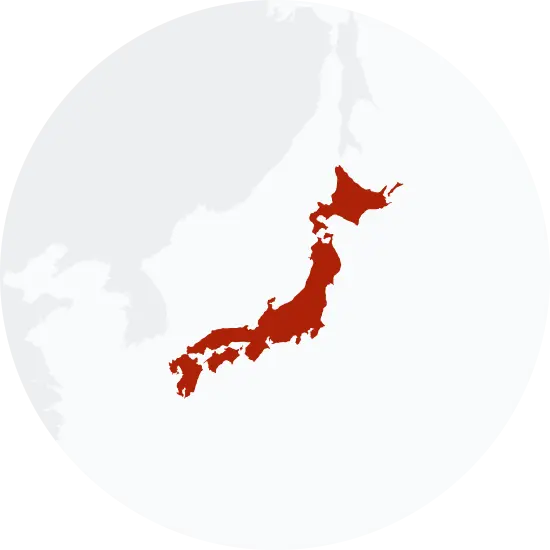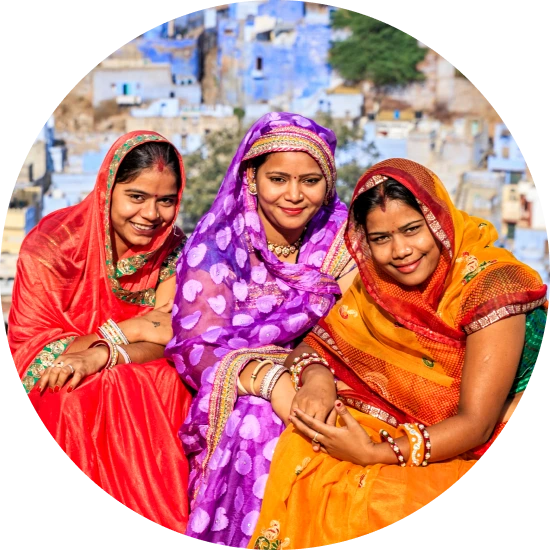Explore the Family Name Abe
How common is the last name Abe in the United States?
Based on the Decennial U.S. Census, the surname Abe has seen a slight decline in popularity in the United States between 2000 and 2010. In 2000, it ranked 9930 among all surnames, but by 2010, it had dropped to a rank of 10837, reflecting a decrease of 9.13 percent. The number of individuals bearing the surname also decreased during this period, from 2998 in 2000 to 2938 in 2010, a change of -2.0 percent. The proportion of individuals with the surname Abe per 100,000 population also declined by 9.91 percent.
| 2000 | 2010 | Change | |
|---|---|---|---|
| Rank | #9,930 | #10,837 | -9.13% |
| Count | 2,998 | 2,938 | -2% |
| Proportion per 100k | 1.11 | 1 | -9.91% |
Race and Ethnicity of people with the last name Abe
As for ethnicity, the data from the Decennial U.S. Census shows that the majority of people with the surname Abe identified as Asian/Pacific Islander in both 2000 and 2010, although the percentage decreased slightly from 67.61 percent to 63.17 percent. The second largest group identified as White, with a stable proportion around 18.75 percent. There were increases in the percentages of people identifying as two or more races, Hispanic, and Black (from 6.20 to 8.65 percent, 1.93 to 2.59 percent, and 3.14 to 4.90 percent respectively), while the percentage of those identifying as American Indian and Alaskan Native saw a decrease from 2.23 to 1.94 percent.
| 2000 | 2010 | Change | |
|---|---|---|---|
| Asian/Pacific Islander | 67.61% | 63.17% | -6.57% |
| White | 18.88% | 18.75% | -0.69% |
| Two or More Races | 6.2% | 8.65% | 39.52% |
| Black | 3.14% | 4.9% | 56.05% |
| Hispanic | 1.93% | 2.59% | 34.2% |
| American Indian and Alaskan Native | 2.23% | 1.94% | -13% |
Abe ancestry composition
23andMe computes an ancestry breakdown for each customer. People may have ancestry from just one population or they may have ancestry from several populations. The most commonly-observed ancestry found in people with the surname Abe is Japanese, which comprises 56.3% of all ancestry found in people with the surname. The next two most common ancestries are British & Irish (11.1%) and French & German (10.2%). Additional ancestries include Korean, Spanish & Portuguese, Indigenous American, Nigerian, and Ethiopian & Eritrean.
Ready to learn more about your ancestry? Get the most comprehensive ancestry breakdown on the market by taking our DNA test. Shop 23andMe
| ANCESTRY BREAKDOWN | COMPOSITION |
|---|---|
| Japanese | 56.3% |
| British & Irish | 11.1% |
| French & German | 10.2% |
| Other | 22.4% |

Possible origins of the surname Abe
Your DNA provides clues about where your recent ancestors may have lived. Having many distant relatives in the same location suggests that you may all share common ancestry there. Locations with many distant relatives can also be places where people have migrated recently, such as large cities. If a large number of individuals who share your surname have distant relatives in a specific area, it could indicate a connection between your surname and that location, stemming from either recent ancestral ties or migration.
Based on 23andMe data, people with last name Abe have recent ancestry locations in Japan and the United Kingdom of Great Britain and Northern Ireland.
| RECENT ANCESTRY Location | Percentage |
|---|---|
| Hiroshima Prefecture, Japan | 51.40% |
| Okinawa Prefecture, Japan | 43.20% |
| Tokyo, Japan | 40.50% |
| Greater London, United Kingdom | 28.40% |
| Tyne And Wear, United Kingdom | 28.40% |
What Abe haplogroups can tell you
Haplogroups are genetic population groups that share a common ancestor on either your paternal or maternal line. These paternal and maternal haplogroups shed light on your genetic ancestry and help tell the story of your family.
The top paternal haplogroup of people with the surname Abe is O-CTS713, which is predominantly found among people with East Asian & Indigenous American ancestry. Haplogroup O-CTS713 is descended from haplogroup O-M1359. Other common haplogroups include IJ-M429 and O-P201, which are predominantly found among people with European and East Asian & Indigenous American ancestry. Other surnames with similar common haplogroups are: Kimura, Kato, Sasaki, Matsumoto, Ito, Oh, Watanabe, Park, Yoshida, Suzuki.
The most common maternal haplogroups of people with Abe surname are: M, H, D4. These most commonly trace back to individuals of European ancestry.
 Paternal Haplogroup Origins O-M1359
Paternal Haplogroup Origins O-M1359
Your paternal lineage may be linked to the Yayoi
Haplogroup O1b2a, a branch of haplogroup O, is closely related to several haplogroups that are commonly found in Japan. Haplogroup O is closely associated with Kyushu, Japan's third largest island, and makes up over half of all men in Japan. Although haplogroup O is prevalent in Japan, it likely only entered Japan during the Yayoi expansion about 2,300 years ago. During the Yayoi expansion, people entering from the Korean Peninsula brought wet rice agriculture, weaving technology, and metalworking technology to Japan. The Yayoi expansion began on the island of Kyushu, where haplogroup O is very common today. It is possible that some of the early members of O1-F3356 were involved in this major shift, which quickly and dramatically altered Japanese culture.
Your maternal lineage may be linked to the ancient people of the Indian subcontinent
While Haplogroup M is widespread throughout South and East Asia, it is more diverse on the Indian sub-continent than anywhere else in the world. The high degree of diversity of M in India is likely tied to its ancient arrival here nearly 50,000 years ago. In addition to M2, which is found throughout the subcontinent, there are dozens of haplogroups branching off of M that exist in India. These branches are often connected to specific regions, tribes, or ethnic groups. For example, haplogroup M18 is found among the Oraon peoples of eastern India and Bangladesh, while haplogroup M41 is common among the Pardhan speakers of eastern India, and haplogroup M31a can be found on the Andaman Islands, just off the southeast coast of India.

What do people with the surname Abe have in common?
Spoiler alert: it's complicated. People with the same last name are usually no more genetically similar than a randomly sampled group of people from the same population. That said, people with the same surname are more likely to have similar ancestries than randomly sampled individuals. The reason is the tendency of people with similar cultural or geographical backgrounds to preferentially mate with one another. That's why people who share a surname may be more likely to share traits and tendencies in common than people within the general population. Check out the percentages below to see the prevalences of tastes, habits, and traits of people with your surname compared with prevalences among 23andMe users.
Preferences
Traits
Habits
Wellness

Cat Allergy
An allergic reaction to cats, characterized by symptoms such as sneezing, itching, and difficulty breathing.
"Abe" Surname 45.5%
23andMe Users 36.7%
Are health conditions linked to the last name Abe?
The short answer is that, if there is an association between surname and health, it's usually more about your ancestry than your name. Individuals with a given surname are no more genetically similar than the general population but often have similar ancestries. The populations of people associated with those shared ancestries often have sets of genetic variations, also known as alleles, in common. Some of those alleles are associated with a greater likelihood of developing certain diseases.
Disease variant frequency by ancestry
Disease allele frequencies in populations associated with the surname Abe are shown below. Important Note: not everyone with a disease allele will develop these health condition










